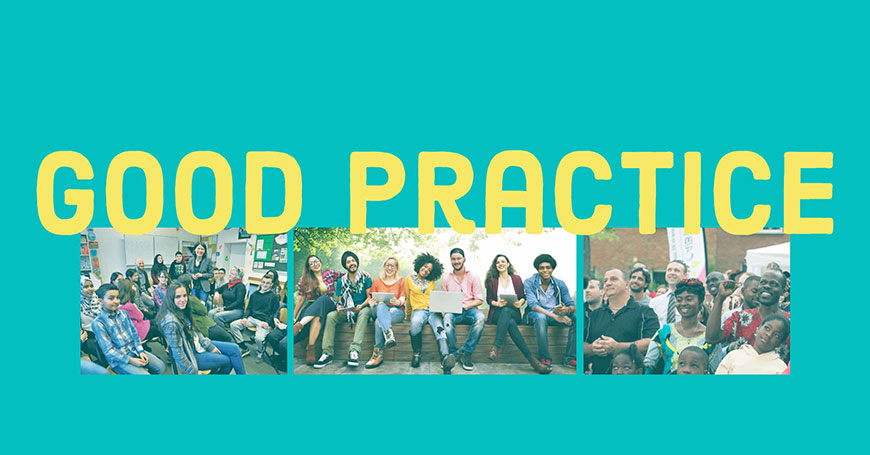Intercultural cities: good practice examples

The first step is the adoption (and implementation) of strategies that facilitate positive intercultural encounters and exchanges, and promote equal and active participation of residents and communities in the development of the city, thus responding to the needs of a diverse population. The Intercultural integration policy model is based on extensive research evidence, on a range of international legal instruments, and on the collective input of the cities member of the Intercultural Cities programme that share their good practice examples on how to better manage diversity, address possible conflicts, and benefit from the diversity advantage.
This section offers examples of intercultural approaches that facilitate the development and implementation of intercultural strategies.
Todos – Walk of Cultures
Purpose: To celebrate Lisbon as an intercultural city, promoting intercultural and interreligious dialogue Stimulus/Rationale: A nomadic festival of intercultural festival which reintegrates...
OMOD - Scrutinizing Oslo public services through an intercultural lens
Purpose: OMOD Center for Social Justice is a volunteer organization against institutional discrimination that provides information, advice, and assistance to organisations in the area of race...
The Next Door Family
Purpose: The project “Bizilagunak: La Familia de al lado” gathers migrant families and Basque families together. The project operates on a local area, focusing on building relations among families...


